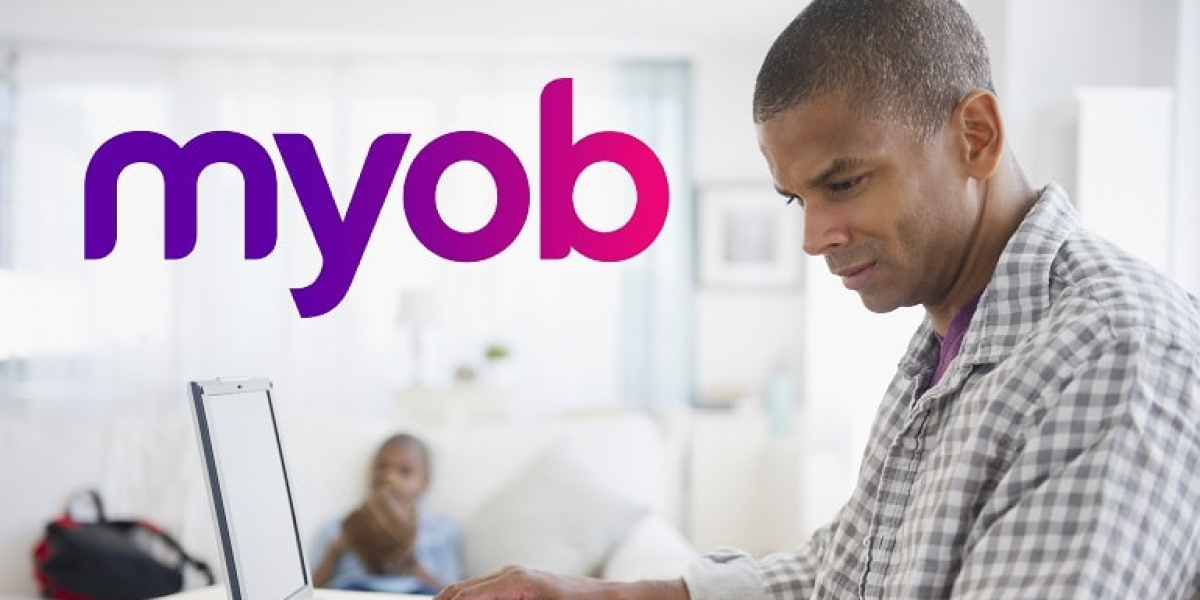Running a business in Singapore comes with exciting opportunities, but it also requires navigating a highly regulated environment. From Goods and Services Tax (GST) to financial reporting standards and employment regulations, compliance is not just a best practice—it’s a legal necessity. Many small and medium-sized enterprises (SMEs) struggle with staying on top of regulatory requirements while still focusing on growth. That’s where smart accounting solutions come into play. One of the most popular tools for Singaporean businesses is MYOB Accounting Packages, which simplify compliance while improving overall efficiency.
In this blog, we’ll explore how companies in Singapore can maintain compliance using MYOB, the specific features that help meet statutory requirements, and why adopting digital accounting tools has become essential in today’s business environment.
The Importance of Compliance in Singapore
Compliance in Singapore isn’t optional. The country has strict regulations set by bodies such as the Inland Revenue Authority of Singapore (IRAS) and the Accounting and Corporate Regulatory Authority (ACRA). Businesses that fail to comply face fines, audits, and reputational risks. Some common compliance requirements include:
GST Filing – Businesses with annual turnover above S$1 million must register for GST and submit accurate quarterly returns.
Corporate Tax Filing – Companies must file Estimated Chargeable Income (ECI) within three months of the financial year-end and submit tax returns annually.
Financial Reporting Standards (FRS) – All businesses are required to prepare financial statements that align with Singapore Financial Reporting Standards.
Payroll Compliance – Employers must make timely CPF contributions, issue proper payslips, and comply with employment law requirements.
Given the complexity of these requirements, manual bookkeeping or outdated systems can quickly lead to costly mistakes. That’s why digital accounting software has become a cornerstone for compliance management.
Why Businesses Choose MYOB in Singapore
MYOB has built a strong reputation as a user-friendly accounting solution tailored to the needs of SMEs. It offers flexibility, cloud-based access, and automation features that reduce human error. More importantly, it is designed with compliance in mind, ensuring businesses can meet IRAS, ACRA, and CPF obligations seamlessly.
Here are a few reasons Singaporean companies prefer MYOB:
Automation of Tax Calculations – Reduces manual input errors.
Local Compliance Features – Aligns with Singapore’s GST and corporate tax rules.
Cloud Accessibility – Enables accountants and business owners to work from anywhere.
Scalability – Suitable for startups as well as growing enterprises.
Integration – Works well with other business tools, reducing administrative burden.
How MYOB Helps Maintain Compliance
Let’s break down the key ways MYOB Accounting Packages enable compliance for Singaporean businesses.
1. GST Compliance and Filing
MYOB simplifies GST calculations and filing by automating the entire process. The system automatically records GST on invoices, tracks input tax credits, and generates GST reports that comply with IRAS requirements. Instead of manually reconciling figures, business owners can rely on ready-to-file reports, reducing the risk of penalties due to late or inaccurate submissions.
2. Accurate Corporate Tax Reporting
With MYOB, businesses can generate real-time profit and loss statements, balance sheets, and tax-ready financial reports. This ensures that when it’s time to submit the ECI or annual tax returns, the data is accurate and aligns with Singapore tax standards. By maintaining up-to-date records, businesses also reduce the chances of discrepancies during an audit.
3. Payroll and CPF Contributions
Managing employee payroll is one of the most complex compliance areas. MYOB’s payroll module helps calculate CPF contributions automatically, issue itemized payslips, and track leave entitlements. This not only keeps companies compliant with Singapore’s employment laws but also fosters trust and transparency with employees.
4. Audit-Ready Financial Records
Audits can be stressful, especially when records are disorganized. MYOB maintains a digital trail of transactions, making it easy for businesses to provide auditors with accurate and organized financial data. This reduces audit risks and ensures compliance with ACRA’s record-keeping standards.
5. Multi-Currency and Cross-Border Compliance
Many Singaporean businesses deal with international clients. MYOB supports multi-currency transactions, ensuring accurate reporting of foreign income and expenses. This feature helps maintain compliance with both local and international financial standards.
Benefits Beyond Compliance
While compliance is critical, MYOB provides additional advantages that strengthen overall business operations:
Time Savings – Automating tax calculations, payroll, and reporting allows business owners to focus more on growth.
Error Reduction – Fewer manual inputs mean fewer costly mistakes.
Data Security – Cloud storage ensures sensitive financial data is safe, reducing risks of data loss or breaches.
Scalable Growth – As the business expands, MYOB can handle increased transaction volumes without compromising compliance.
By investing in MYOB, businesses not only stay compliant but also gain an edge in efficiency and decision-making.
Real-World Example: SMEs in Action
Consider a small retail business in Singapore that deals with both local and overseas customers. Before switching to MYOB, the company relied on spreadsheets for bookkeeping and faced repeated issues during GST filing. Errors in manual calculations led to overpayment of taxes and unnecessary fines.
After adopting MYOB, the business saw a drastic reduction in errors. GST returns were generated automatically, payroll was streamlined with CPF compliance built-in, and financial reports were prepared in real-time. This not only ensured full compliance but also freed up valuable time for business growth initiatives.
The Role of Digital Transformation in Compliance
Singapore has been actively pushing digital adoption among SMEs through initiatives like the Productivity Solutions Grant (PSG). By adopting MYOB, businesses align themselves with Singapore’s Smart Nation vision, embracing digital tools that enhance transparency, accuracy, and compliance.
The future of compliance will be even more digital, with cloud accounting, AI-driven analytics, and automation playing key roles. Early adopters of MYOB and similar tools will find themselves ahead of the curve, avoiding last-minute compliance struggles.
Tips for Maximizing MYOB for Compliance
To fully leverage MYOB for compliance, businesses should:
Regularly Update Software – Ensure the system reflects the latest tax laws and reporting requirements.
Train Staff – Educate employees on how to use MYOB features effectively for compliance.
Use Cloud Access – Allow accountants and external auditors to securely review records in real-time.
Schedule Periodic Reviews – Conduct monthly or quarterly reviews to detect discrepancies early.
Integrate with Other Tools – Link MYOB with POS or inventory systems to maintain accurate financial data.
Conclusion
In Singapore’s strict regulatory environment, compliance is not just about avoiding penalties—it’s about building credibility and trust. With the right tools, businesses can transform compliance from a burden into a competitive advantage.
MYOB Accounting Packages provide the automation, accuracy, and compliance-focused features needed to meet Singapore’s tax, payroll, and reporting obligations. Whether it’s GST filing, CPF contributions, or financial reporting, MYOB ensures businesses remain audit-ready and future-proof.
By embracing MYOB, Singaporean businesses can focus on growth while maintaining confidence that their compliance needs are fully covered. In today’s digital-first economy, compliance and efficiency go hand in hand—and MYOB stands out as a reliable partner in achieving both.







